
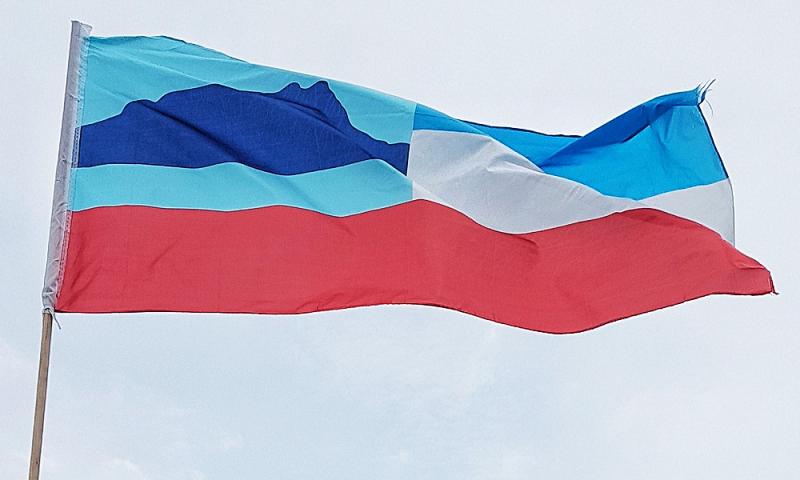

Bridget Welsh
Published: Nov 28, 2025 12:30 PM
Updated: 3:30 PM
COMMENT | Sabah heads to the polls tomorrow in what has been the most competitive election in her history.
The main campaign sentiment has been one of “local parties” – tied into the narratives of Warisan and the Sabah First movement of Ewon Benedick.
Underscoring this are deep-seated concerns that Sabah is being left behind in Malaysia and in comparison to neighbouring Sarawak.
Tomorrow, Sabah parties/coalitions will receive the overwhelming support of voters, as Sabahans are expected to turn away from peninsula-based parties/coalitions, especially Pakatan Harapan (in particular PKR) and Perikatan Nasional.
Yet on the ground, livelihood pressures for survival and uncertainty amidst political deal-making and a swarming of candidates have contributed to support for the familiar, notably the campaign resource-rich locally branded Gabungan Rakyat Sabah (GRS).
The “being-the-government” advantage in a context of deep-seated societal vulnerabilities has mattered, even if, as detailed below, it will not yield the outcome of a categorical reindorsement.
Published: Nov 28, 2025 12:30 PM
Updated: 3:30 PM
COMMENT | Sabah heads to the polls tomorrow in what has been the most competitive election in her history.
The main campaign sentiment has been one of “local parties” – tied into the narratives of Warisan and the Sabah First movement of Ewon Benedick.
Underscoring this are deep-seated concerns that Sabah is being left behind in Malaysia and in comparison to neighbouring Sarawak.
Tomorrow, Sabah parties/coalitions will receive the overwhelming support of voters, as Sabahans are expected to turn away from peninsula-based parties/coalitions, especially Pakatan Harapan (in particular PKR) and Perikatan Nasional.
Yet on the ground, livelihood pressures for survival and uncertainty amidst political deal-making and a swarming of candidates have contributed to support for the familiar, notably the campaign resource-rich locally branded Gabungan Rakyat Sabah (GRS).
The “being-the-government” advantage in a context of deep-seated societal vulnerabilities has mattered, even if, as detailed below, it will not yield the outcome of a categorical reindorsement.
High levels of uncertainty, pockets of certainty
In this piece, I draw from my ground research across all 73 seats in Sabah to lay out six broad predictions about the coming polls.
I begin with a caveat. Given the high level of competitiveness in at least a quarter of the races – what I label “too uncertain to call” – the final push in the last day of polls could swing the electoral outcome, not least of which is the potential negative impact of the weather/heavy rains on turnout.
Advantage lies with those who can bring their supporters to the polls, with the support of resources.
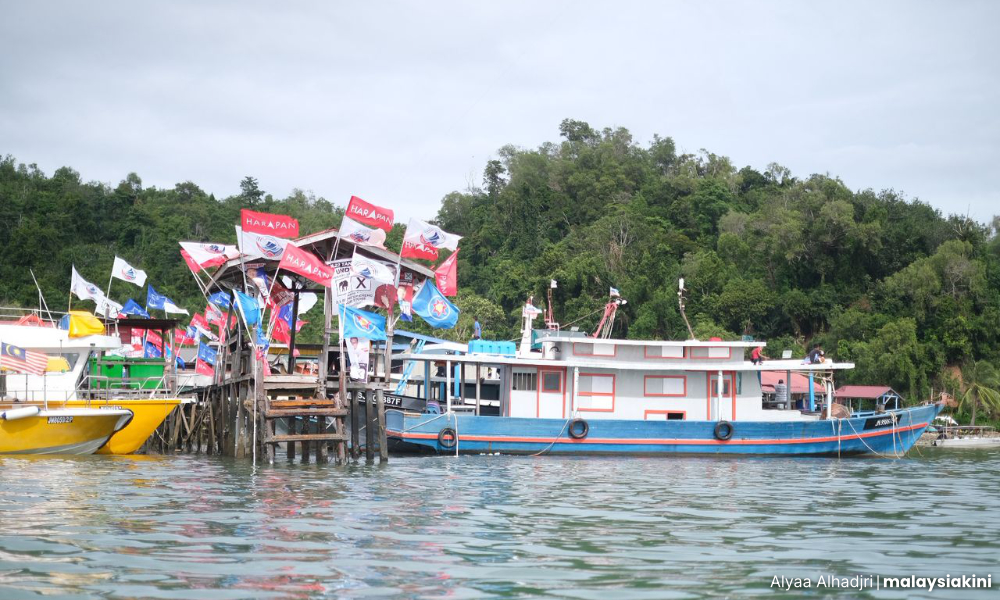
1. No one crosses majority line
At this juncture, it remains clear that no one coalition and party will win an outright majority of 37 seats. The Sabah government appears highly likely to be formed through post-coalition deal-making.
This will empower elites in power and likely create new alliances that will divide the Madani coalition. Sabah polls have already strained relations within the governing coalition, and this is likely to continue.
2. No big Warisan wave: Below the wind
Despite the hype of winning the government and a surge of support in urban areas for Warisan, this party is not likely to have enough seats to form a government on its own.
In fact, it may be the second contender, depending on whether it receives a last-minute boost in support outside of urban areas.
Warisan has significant gaps in winning some seats in the east coast, the north and the west coast of Sabah. It does not have the same momentum that it had in 2018 across the state as a whole, although its core supporters are more enthusiastic and hopeful of victory than ever.
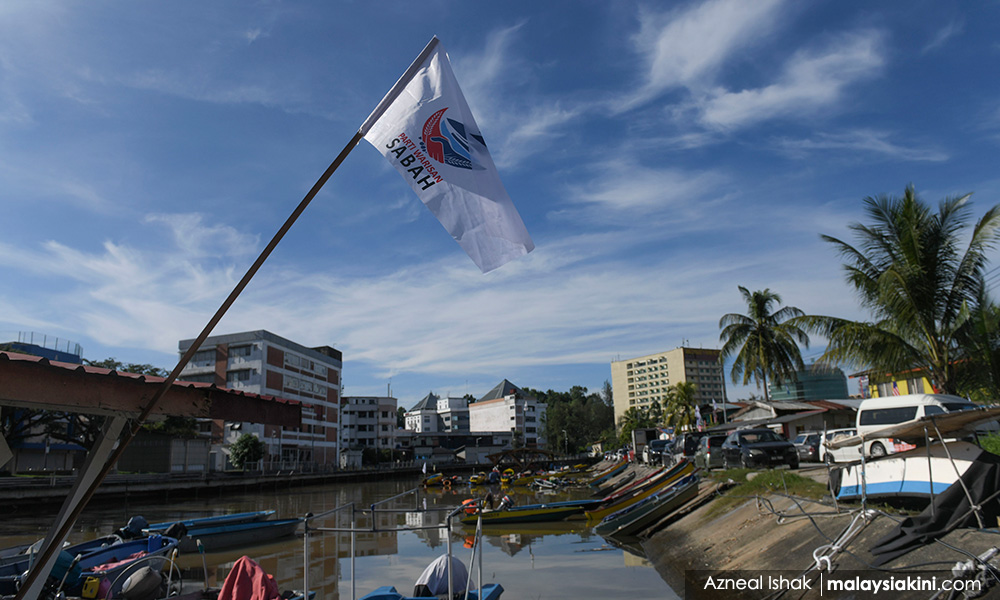
The test for Warisan will be whether (and if so, how many) it wins over its 2020 result, when it won 23 seats.
3. GRS remains strong: Staying with safety
Hajiji Noor’s incumbent coalition remains strong with a combination of stalwarts and resources. With the support of Parti Bersatu Sabah, GRS has always been an underrated contender in these polls. After PKR, GRS has the most money in the 17th Sabah election, and it has made Umno’s machinery of the past its own.
GRS should win over 20 seats, if its money continues to go to the ground. If this happens, GRS may reach over the 30 mark.
Yet, the driver of the support from below is one of safety, rather than adoration. Voters who support GRS support it because they see it as what they know, and modest improvements.
They also often have greater trust in the local candidates, who are also well known. The adage “the devil you know is better than you don’t” rings true, although many see the popular GRS local candidates, such as Ghulamhaidar @ Yusof bin Khan Bahadar in Kawang and Masidi Manjun in Karaanan, as more of a potential rescuer for times of need.
Realities of survival and vulnerability reinforce support for a status quo, especially when that status quo is cloaked in the “local party” branding.
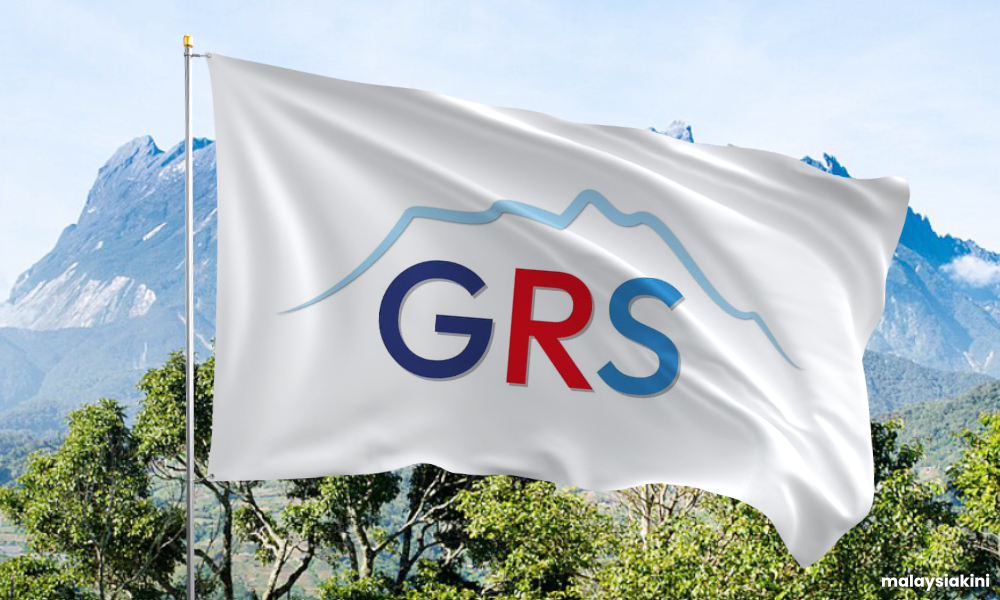
4. Damaged Harapan: Red anger
The campaign has been the most heated against Prime Minister Anwar Ibrahim, whose trust deficit among voters has been on display. Harapan will be hurt in this election, not least from the fact that it has already split, and the exit door has opened.
The circumstances that pushed Ewon out should have been avoided of the 40 percent revenue payment, and the “colonial” rebukes by peninsula leaders abstained from.
The subsequent political scandal, reportedly tying PKR to the mining scandal, has only eroded trust in Harapan further.
DAP should win some seats, based on performance delivery and likeability of the candidate - but the last-minute anger over corruption/silence over reforms and overeager defences of alienating comments about Sabah rights have seriously hurt the party.
PKR has adopted the honed practices of Malaysian incumbent power and is using resources from multimedia to other state departments, repeatedly pushing its control of federal power in the campaign.
In fact, in many of the constituencies PKR is contesting, there is a “red flood” that is bigger than BN and PN's resource campaigns of the past, tied to the levers of being in power.
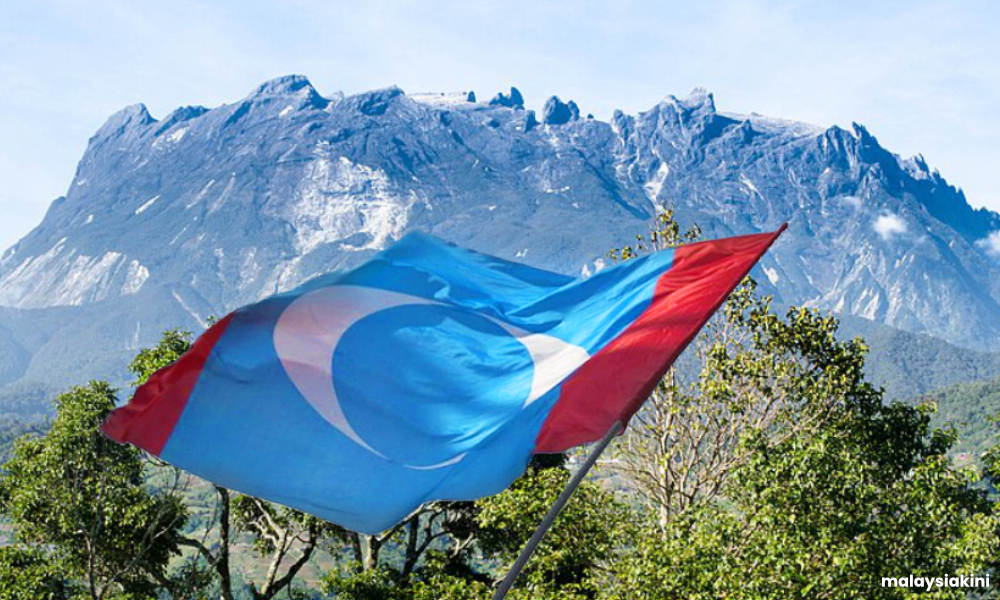
This may give PKR a chance in seats like Merotai (where Anwar visited three times), Kamarunting and Inanam, but trust in Anwar has dropped considerably, replaced in many cases by an outright “tolak” (reject) push.
5. Reduced BN: Steady but eroded support
Umno-BN is fighting for its political life in Sabah. The state has long been an integral part of Umno’s national strength and, in turn, Umno has been an integral part of the state since its entry in 1994.
BN lacks the resources of the past and has been more focused in its outreach due to less resources. It has opted for a steady, ground candidate-centred (but uneven) campaign, hoping that a renewal of its candidates and efforts to strengthen its engagement around “buat kerja” (do work) and representing its traditional core supporters will yield results.
The last few days of this campaign will be instrumental for BN, which looks to reduce its seats from the 14 it won in 2020. If things go BN’s way it could win 20, but it looks more likely to win less than 10 seats.
If the money tide turns against them, BN could win less than even five seats. Here too, BN’s machinery will be critical if it can bring out their traditional voters in what is expected to be challenging weather tomorrow.
6. Expect the unexpected underdog
The uncertainty around the poll points to the emergence of smaller political forces. Parti Solidariti Tanah Airku (Star), Upko, Parti Kesejahteraan Demokratik Masyarakat (KDM), Black Wave and PN are all underdogs in this campaign, although in particular seats some of these parties are favoured.

Upko’s Ewon Benedick is contesting in Kadamaian
Good examples are Ewon in Kadamaian and Wetrom Bahanda in Matunggong.
All of these parties should win at least one seat, with the exception of PN. PAS has a chance in both Karambunai and Balung, largely due to their social media and stealth (look like Sabahans, not traditional PAS members) campaigns.
Bersatu’s Ronald Kiandee in Sugut and Labuk cannot be ruled out, but these areas have been GRS bombed with resources multiple times.
PN faces a test to see if they are a national opposition/coalition and have tapped into youth support with targeted resources, despite challenges. Sabah has been difficult terrain for these parties since the end of the Muhyiddin Yassin Bersatu-led government.
Upko, Star, KDM and the Black Wave have all been working to win support, especially among Kadazan-Dusun-Murut-Rungus voters. Upko and Star have had the best narratives, both relying on sentiment with limited resources, while KDM and Black Wave have been primarily candidate-based with flush resources from unknown sources.
Three Independents to watch are Fairuz Redden in Pintasan, Verdon Bahanda in Tanjong Kapor and Jordan Ellron in Tulid.
Sabah always brings surprises. No question some of these underdog smaller parties/individuals will win seats, and they will be pivotal in whichever coalition/party is able to form government.
Good examples are Ewon in Kadamaian and Wetrom Bahanda in Matunggong.
All of these parties should win at least one seat, with the exception of PN. PAS has a chance in both Karambunai and Balung, largely due to their social media and stealth (look like Sabahans, not traditional PAS members) campaigns.
Bersatu’s Ronald Kiandee in Sugut and Labuk cannot be ruled out, but these areas have been GRS bombed with resources multiple times.
PN faces a test to see if they are a national opposition/coalition and have tapped into youth support with targeted resources, despite challenges. Sabah has been difficult terrain for these parties since the end of the Muhyiddin Yassin Bersatu-led government.
Upko, Star, KDM and the Black Wave have all been working to win support, especially among Kadazan-Dusun-Murut-Rungus voters. Upko and Star have had the best narratives, both relying on sentiment with limited resources, while KDM and Black Wave have been primarily candidate-based with flush resources from unknown sources.
Three Independents to watch are Fairuz Redden in Pintasan, Verdon Bahanda in Tanjong Kapor and Jordan Ellron in Tulid.
Sabah always brings surprises. No question some of these underdog smaller parties/individuals will win seats, and they will be pivotal in whichever coalition/party is able to form government.
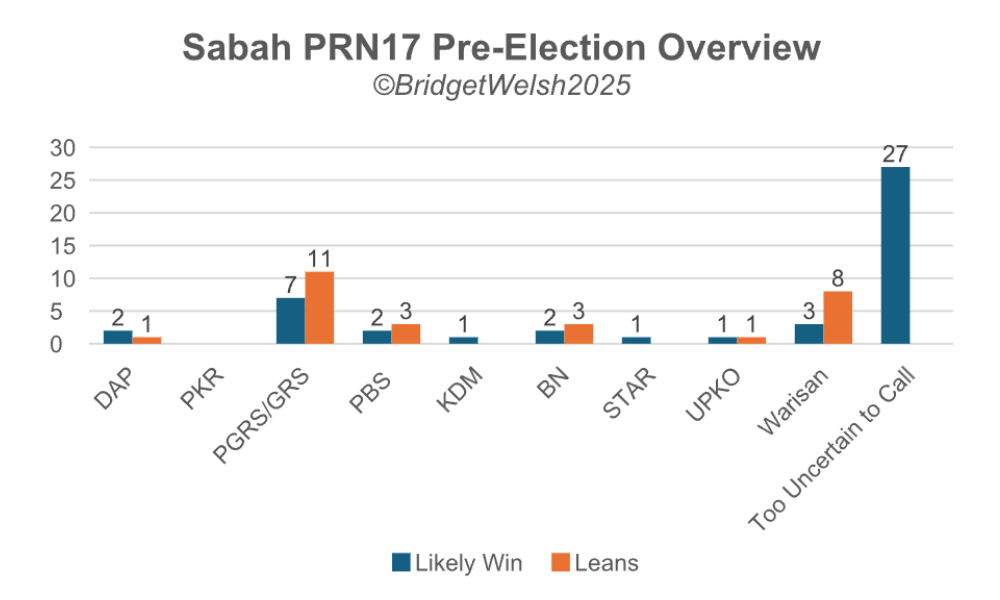
The campaign is coming down to the wire. My overview – based on ground fieldwork and an appreciation of uncertainties (money/machinery flow) as of this morning shows more than a third of the seats too close/uncertain to call.
Among the 27 uncertain seats are Bandau, Tamparuli, Tanjong Kapor, Paginatan, Bingkor, Karambunai, Petagas, Pantai Manis, Sindumin, Kukusan, Melalap, Sungai Sibuga, Sekong, to name just a few of these.
This uncertain group is where the balance of power will swing, to which party/coalition will have the most seats to negotiate from.
Discussions about alliances have been underway and likely will intensify after tomorrow. For now, however, the balance of power will be in the hands of Sabahans.
Until the end of polling tomorrow, after which the men will sing, Sabahans have more power to determine the outcome than ever. Every vote will count in these contests, especially in the swing, uncertain seats.
Whatever happens, however, one message will be clear. Sabahans want more power, local voices and representation. Whoever will be the ones entrusted to deliver on this message remains uncertain.
BRIDGET WELSH is an honorary research associate of the University of Nottingham’s Asia Research Institute, a senior research associate at Hu Fu Centre for East Asia Democratic Studies, and a senior associate fellow at The Habibie Centre. Her writings can be found at bridgetwelsh.com.
She is on the ground in Sabah researching the polls, and her written analysis can be found exclusively in Malaysiakini and through her self-funded podcast Kerusi Panas Sabah.

No comments:
Post a Comment